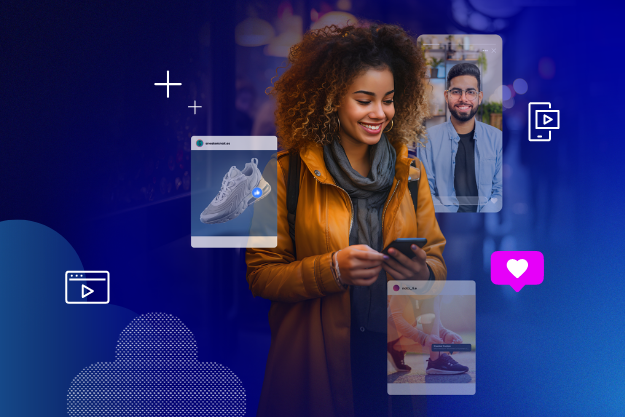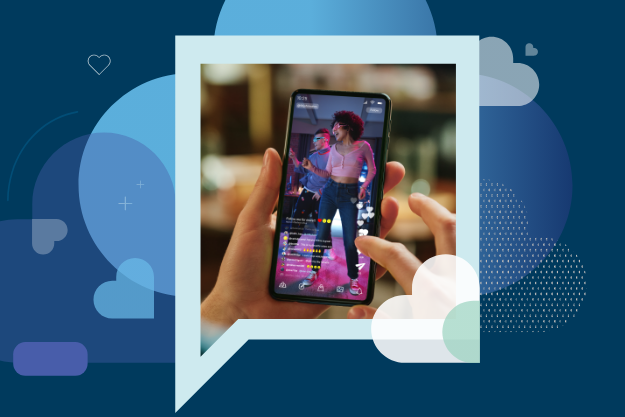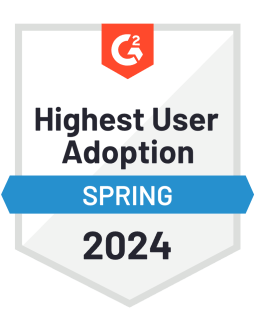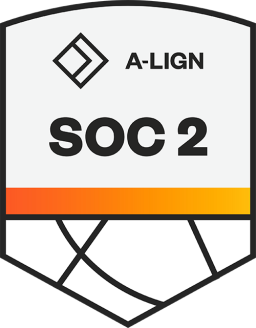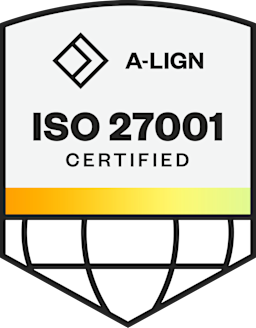Social media’s growth has been nothing but staggering: one study found that there are now 4.76 billion social media users, up from 2 billion in 2015. This has profoundly impacted not just individuals, but how businesses must reach them. Analysts and industry experts estimate that more business will be conducted over social media and digital as a whole this year than in the past five years combined.
While many companies have attempted to improve their digital and social media strategies to keep up, most have struggled to successfully wrangle the massive influx of data from each individual interaction. However, this is exactly the type of challenge a unified customer engagement platform can solve.
Delivering quality customer experiences
Perhaps most critically, a unified customer engagement platform enables brands to deliver a quality experience for consumers interacting with them through social and digital channels. By integrating channels (and, therefore, data sources), brands can listen and engage with consumers, obtain important in-journey experience data, and gather insights from each interaction on a single system.
For one, this results in a more consistent experience for the consumer, regardless of the channel they’re using, the issue they have, or the department with which they’re interacting. With easier access to customer data, brands can also ensure more relevant, personalized interactions.
In addition, a unified platform can also enable brands to continually improve this experience through frequent product updates and new feature releases.
Providing aligned value
No matter how powerful a customer engagement platform might be, it also needs to be intuitive, easy to implement, and flexible enough so brands can differentiate themselves to consumers.
Many tools can be used to gather data, and even more can take data sets and provide visualizations. However, leaders need to be able to actually make sense of the enormous amount of data they have — and do it easily.
The right platform provides you with centralized consumer interaction data and actionable insights that let you improve interactions, boost conversion rates, augment your customer experience strategy thoughtfully, and make more informed decisions. All of this improves operational performance by reducing customer churn, increasing customer lifetime value, and boosting customer referrals.
Keeping innovation at the core
Consumer demands are changing faster than ever, and a customer engagement platform can help companies stay on top of them.
Automated intelligence lets brands optimize interactions at the precise moment a consumer wants or needs it through tools such as artificial intelligence (AI) chatbots. This is important, considering 75% of consumers say it is important for brands to provide them with a fully self-serve option for customer care.
With the exponential increase of data available and the continuously growing number of channels, successful companies must also rely on AI to automate decision-making and analysis. Using an AI model also allows for continuous learning, making recommendations and insights more relevant and accurate over time.
The takeaway
The inability to digest, comprehend, and react to all the interactions a brand has with consumers can make great customer engagement feel like a daunting task. Thankfully, new platforms give organizations the tools to connect social media marketing, social and live commerce, and customer care to address critical customer experience gaps.
They also enable organizational consistency when it comes to decision-making and engagement with consumers, regardless of the originating channel. This can empower brands to intelligently engage with individual consumers in a seamless, personalized, and unified manner.
Book a demo today to see how you can close the customer experience gap with Emplifi.














